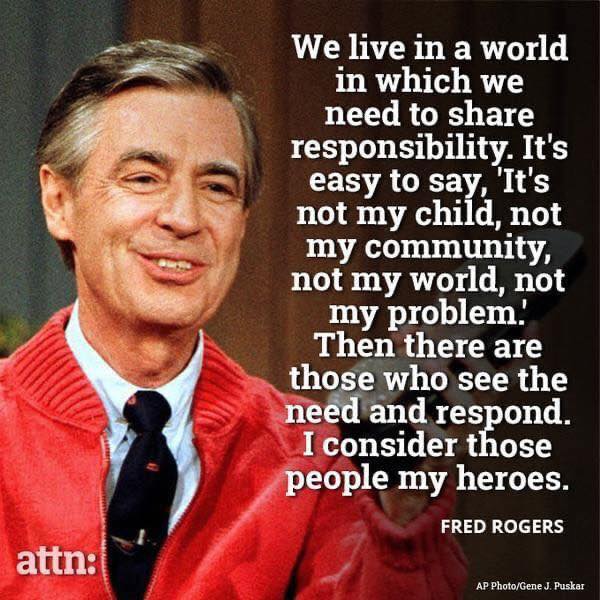Matthew 7:22-29

I can see it now—at the Final Judgment thousands strutting up to me and saying, 'Master, we preached the Message, we bashed the demons, our God-sponsored projects had everyone talking.' And do you know what I am going to say? 'You missed the boat. All you did was use me to make yourselves important. You don't impress me one bit. You're out of here.'
"These words I speak to you are not incidental additions to your life, homeowner improvements to your standard of living. They are foundational words, words to build a life on. If you work these words into your life, you are like a smart carpenter who built his house on solid rock. Rain poured down, the river flooded, a tornado hit—but nothing moved that house. It was fixed to the rock.
"But if you just use my words in Bible studies and don't work them into your life, you are like a stupid carpenter who built his house on the sandy beach. When a storm rolled in and the waves came up, it collapsed like a house of cards."
When Jesus concluded his address, the crowd burst into applause. They had never heard teaching like this. It was apparent that he was living everything he was saying—quite a contrast to their religion teachers! This was the best teaching they had ever heard.
I love this line, “These words I speak are not incidental additions to your life…”
I am also struck by, “All you did was use me to make yourselves important.”
This morning as I process these words and ponder them, I don’t really know what to say.
The conclusion of the sermon on the mount is one final push and challenge by Jesus to remind those listening that they have to respond with their lives. It’s not about the words we say or parrot. It’s about how we are living. We must build our lives on the words and principles found here.
There is a very real call here to embody what Jesus is talking about.
What does it mean to embody something?
It means that we must physically live out the words in the real world. There is no way around it. These teachings of Jesus must find their way into our real lives. Lives lived in our neighborhoods, schools, workplaces, and communities.
I think the most challenging thing for me as a pastor is the last bit, “It was apparent that he was living everything he was saying—quite a contrast to their religion teachers!” Ouch! Every week I lead people into discussion about Jesus, am I living out what I’m preaching? Is it evident that I’m doing so? I want that to be true. Yet, I know how much work I have yet to do.
I desperately want to see more fruit of the Spirit in my life, “love, joy, peace, forbearance, kindness, goodness, faithfulness, gentleness and self-control.” When these are the ways that people describe me, when these are the things that I can begin to see in myself, then I’m on the way of practicing what I preach.
The question I have to wrestle with this morning, “Do I believe that these are simply incidental ideas or do I believe that they are foundations to build my life on?”














